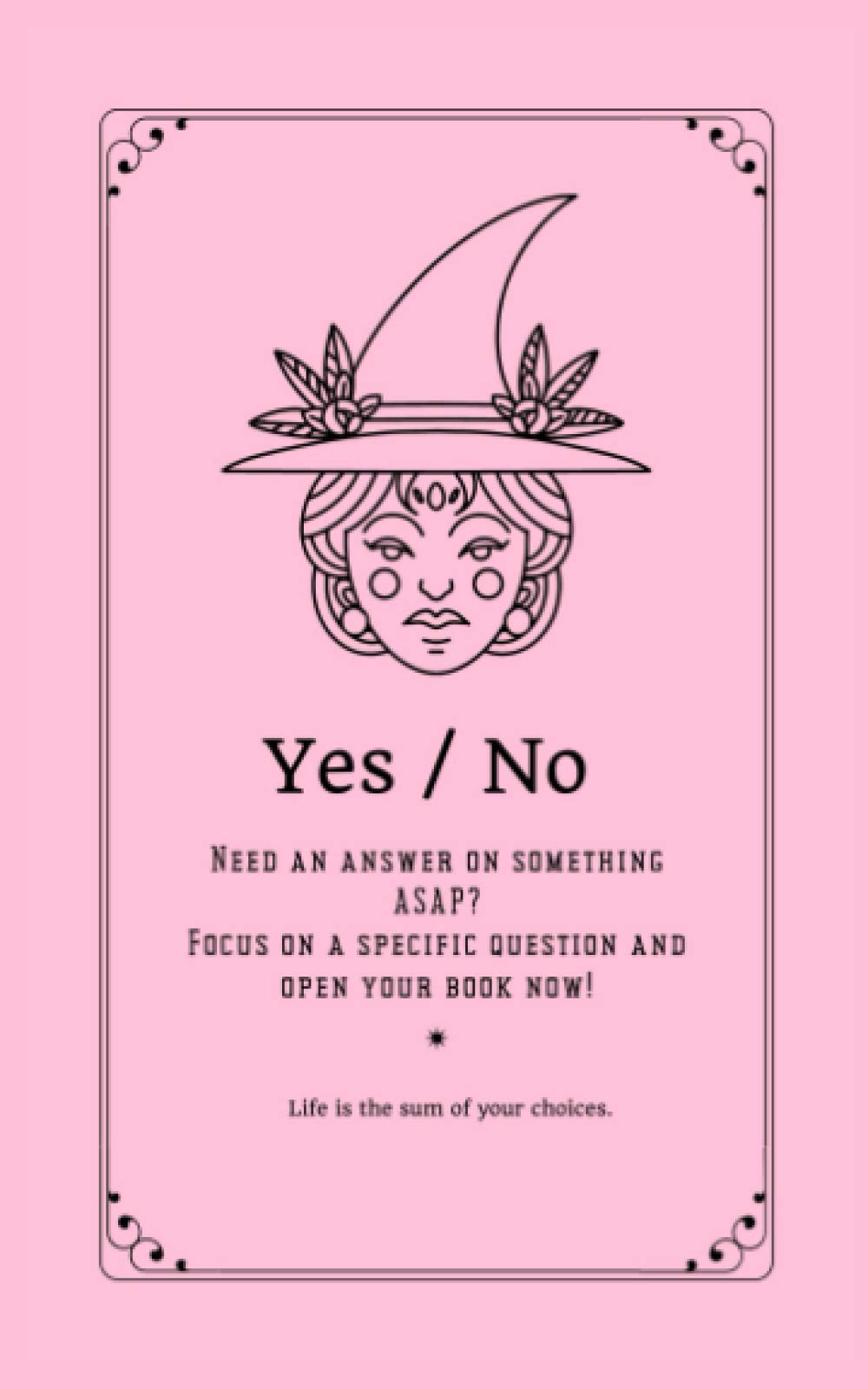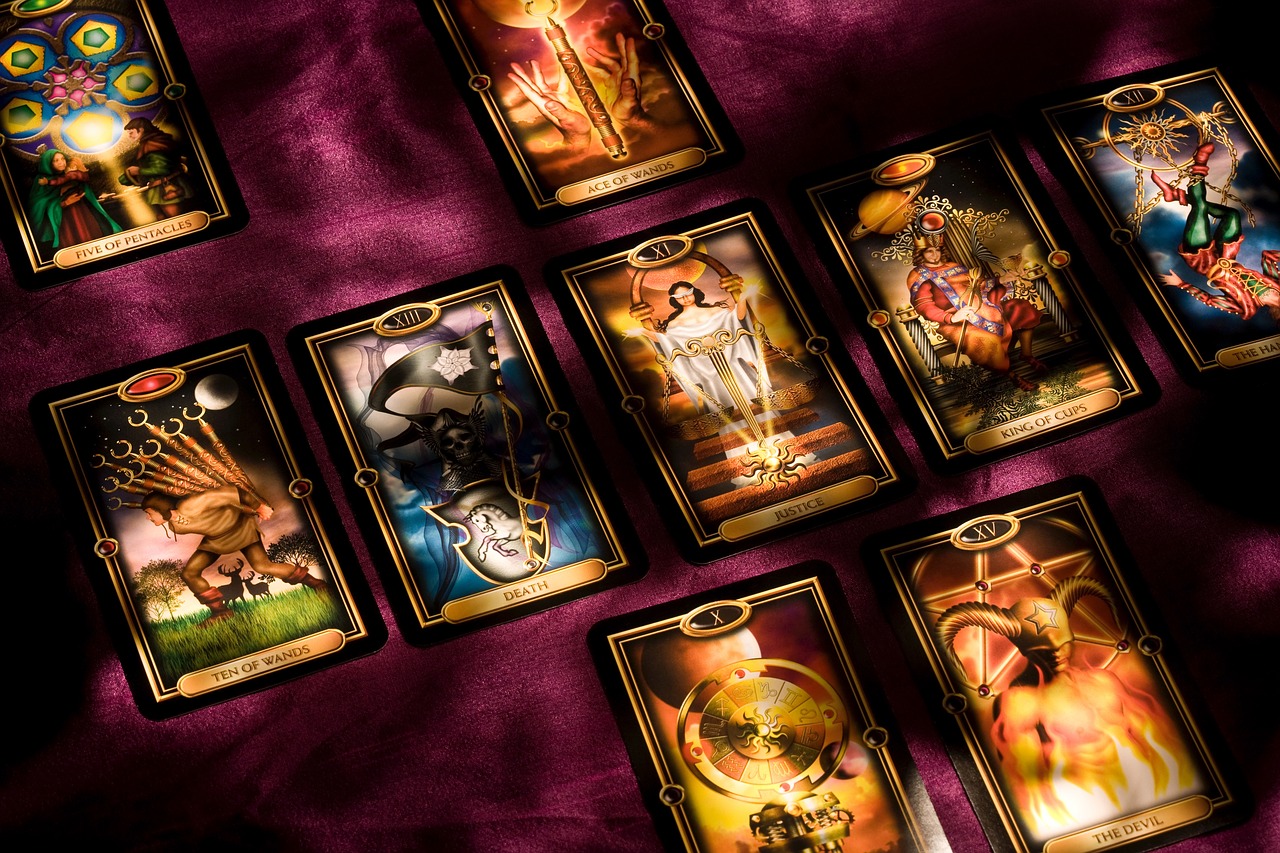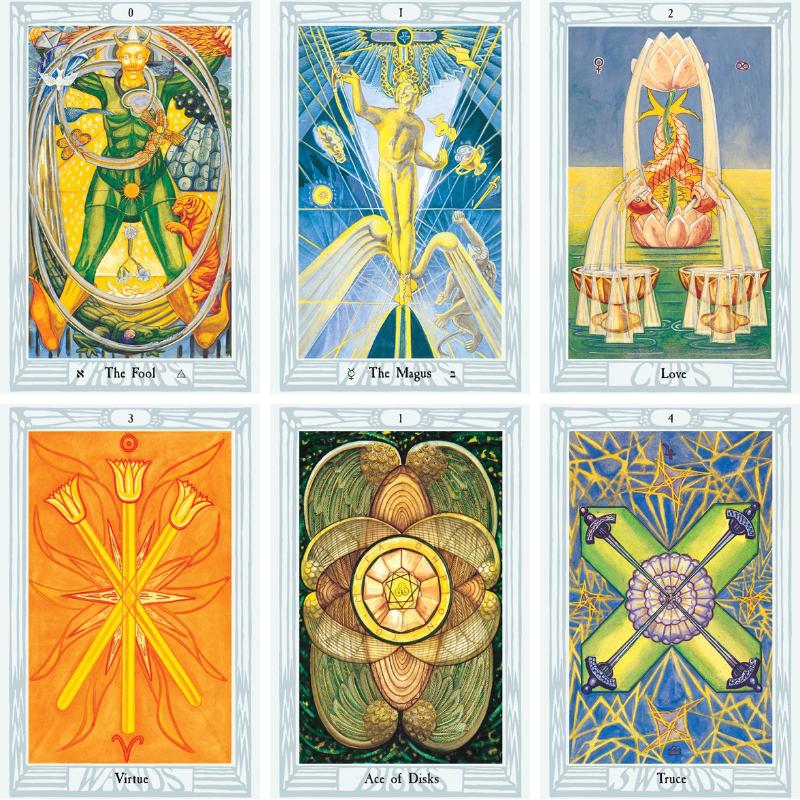
A cold read is a form public speaking that requires you to read aloud a text or script. It is a popular technique in the performing arts, especially in the theater. It can be a good way to improve your speech skills and impress an auditorium. It is also called "theatrical" reading. In addition to being an effective tool for public speaking, cold reading is also an excellent way to develop confidence.
Techniques
There are many techniques for cold reading. Some of these include watching the body language and details in the conversation. Try to learn about the subject's life and concerns during the reading. Also, observe how the subject reacts to your statements and refine your statements based upon the results.
You can create a win-win scenario by using multiple techniques. However, it is possible to make contradictory statements about the subject's behavior. Sometimes mentalists create such situations by using statements that appear contradictory to one another. Common examples include presenting a subject with a subtle statement about an emotion or thought. This tactic is highly effective since the subject is likely familiar with both sides of the emotion.
Selection of Audience
You can target potential customers based on their interests, like college sports fans or women in their late twenties. You can also target your advertising to the most likely buyers of your product. To get the best out of your ads, you can use demographic targeting.

Cold reading is a skill that requires you to be able make an impression on the audience. Many candidates focus on the script while auditioning and lose eye contact with the audience. Try holding the script with one hand, and looking at your audience. Also, make sure you do not take too long to turn the page. To make it easier to turn the page, you may want to fold one corner.
Body language
Cold reading is the art or science of deciphering nonverbal signals without speaking to people. This skill is particularly useful when trying to gauge someone’s level of confidence and nervousness. It also helps you adjust your behavior for different situations. Many people mistakenly believe that bodylanguage is equivalent to cold-reading.
In reality, cold readers make a lot of generalizations about the person they're reading. Although most of this information is accurate, it can also be provocative. It is important to watch how the person reacts to your statement. A cold reader might make a joke about a relative who has died, while a more serious statement about the person’s relationship with a former partner could be more accurate.
False Signals
There are two main ways that cold reading can detect false signals. The objective validation relies on subjective validation. Both require some training and experience. A cold reader must be able to use a variety of techniques. A good cold reader should be able to identify people in different states of mind.
To get the most detail possible, a cold reader is able to ask many questions. Then, the reader will repeat or rephrase what he or she has just answered and use that information as a guide in the next question.

Preparation
You should be prepared for cold reading auditions as a performer. While cold readings don't require script preparation, it is crucial to research the subject matter to find out what you will be asked. This will help to make connections with the material, learn about the characters and storyline, and get to know your company. For practice, you can read material before the class.
Actors must avoid becoming stiff while practicing for cold reading auditions. It is important that actors remember that their bodies communicate the same way with their words as their words. It is crucial to communicate the appropriate emotions through your body.
FAQ
What does a hobby cost?
It costs nothing to start a hobby. It can take many years to accomplish what you desire if you are serious about it.
However, there is something that can help. It's called passion. If you feel passionate about your chosen field, you'll find it easier to put in the work required to achieve your goals.
You may become addicted to the activity once you have put in enough hours. This is where the real joy begins. Because you now enjoy what you do and are improving your skills every day. By the end of the year you'll have probably made a lot of progress.
Do not worry about the time it takes. Try it! You may be surprised.
What are the competitive hobbies?
Running, swimming, cycling and tennis are all competitive sports.
They're a great way to get social interaction and are enjoyed by those who love physical activity.
If you have a hobby that involves physical activity, then you'll probably find that there are other people around who share this interest.
This could mean joining a club, or group that meets regularly to do sports together.
Participating in group games, which involve playing alongside others, is another option.
These include: football (soccer), soccer, cricket, netball.
There are many kinds of competition.
Some competitions may be held for pure recreational purposes.
Others are intended to test competitors' skill.
And still, others are designed to reward outstanding performance.
In these cases, winners receive prizes.
Other competitions are designed to test the strength and stamina of competitors.
These are known endurance events.
For example, marathon races, triathlons, Ironman Triathlon, etc.
These events are often contested by athletes who train hard.
They will be required to follow a rigorous training program in order to prepare mentally and physically.
They may need to spend some time out of their home for preparation.
It is important to keep in mind that not all athletes can compete in every event.
Why do we require hobbies?
Hobbies play an integral part in our lives. It allows us to unwind and recharge, think creatively, exercise, socialize, have fun, and allow us to enjoy life. Hobbies offer opportunities to develop new skills as well as life-long interests.
Hobbies are a way to find meaning and purpose.
These are a great way for you to have some free time, even if there isn't much else.
They're also fun!
If you don't find time for hobbies, it's likely that you don't have enough time for any other activities.
Consider all of the possibilities available to your. You might consider starting a hobby if you don't already have one.
What kind of hobbies is best for introverts.
Introverts can focus on only one thing at a given time. They prefer solitude, such as reading, writing music, or watching movies.
They also enjoy quiet time. However, they don't like socializing all day. In fact, they can often be bored when surrounded with people.
Introverts will often choose hobbies that require them alone. An introvert might like to read, listen to music, take photographs, paint, write poetry, or even create art.
Introverts may even prefer to live alone. They can focus on their hobbies and not be distracted by other people.
What are some good hobbies?
Hobby Ideas that are great for people who enjoy teaching others.
Hobbies allow you to enjoy what you love while also learning new things.
There are many different types of hobbies, but they all have similar characteristics. These are fun, easy activities that cost little and don't take too much effort.
They often involve helping others, such as teaching an instrument to someone or building an airplane model.
You may not think of yourself as a teacher but there might be something you could do in order to help someone else learn.
So if you want to be more creative in your life, consider starting a hobby where you can use your skills to help others.
What are some hobbies that seniors might enjoy?
Senior citizens should find activities they love to do. Senior citizens should keep active through participation in physical and sports activities.
They might want to join clubs where they can meet people who share similar interests. This way, they'll feel less lonely as they age.
Seniors need to keep up with current trends. They could be interested in fashion, art, music and literature.
Statistics
- A new survey by Pew Research Center of teens ages 13 to 17 finds that 36% of girls feel tense or nervous about their day every day; 23% of boys say the same. (pewresearch.org)
- The Role of the Mind in Sex, Dating, and Love: Men in the “humor” condition received phone numbers from 42.9% of the female participants and were refused 57.1% of the time. (time.com)
- The intensity of the dialogue partners' bond at the end of the forty-five-minute vulnerability interaction was rated as closer than the closest relationship in the lives of 30 percent of similar students. (time.com)
- Almost 80% of people claim to have no hobby. (hobbylark.com)
- 37% Video Games 36% Travel 36% Health and Fitness (quizexpo.com)
External Links
How To
How to Find the Right Hobby
If you ask yourself some questions, you may be able to tell whether your hobby is right for you:
-
Do I enjoy doing it?
-
Does it give me pleasure?
-
Do you think it's something I would enjoy doing when I get older?
-
Are I good at it?
-
Do I have any ideas?
-
Would you recommend it to others?
-
It will bring me joy.
-
Will it help me to relax?
-
Will it make me feel better about myself?
-
Can it help me to develop skills that I can apply later in my life?
-
It will allow me to meet new friends.
-
Can it let me express my creativity?
-
Is it possible to learn new skills?
-
Is it going to give me the confidence?
-
Do I feel accomplished?
-
It will it bring you financial success?
-
Will it enable me to travel?
-
Can it enable me to visit new places?
-
It will encourage me to exercise.
-
Will it encourage me to work harder and do I feel inspired?
-
It will motivate me to succeed.
-
What activities will I be required to do?
-
Can it be a challenge?
-
Will it be fun?
-
It keeps me fit.
-
Is it possible to save money?
-
Is it likely to reduce stress?
-
Will it stop boredom from happening?
-
Will it free up my time?